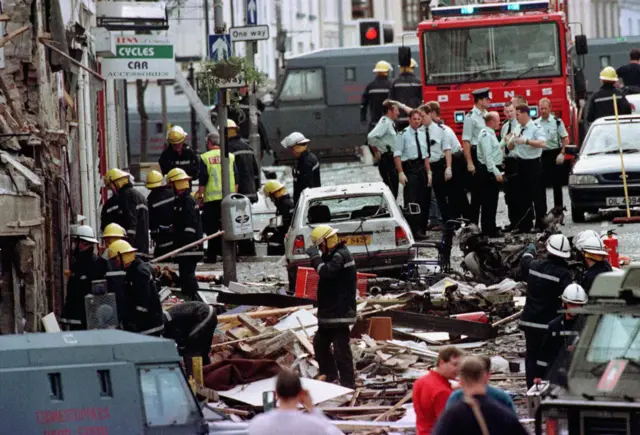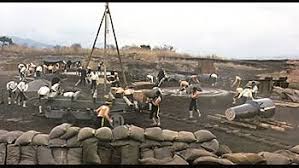The Omagh Bombing: A Tragic Chapter in Northern Irish History

Introduction
The Omagh bombing, which occurred on 15 August 1998, remains one of the most devastating terrorist attacks in Northern Ireland’s history. This event was pivotal not only for its tragic loss of life but also for its impact on the peace process in the region. Understanding the ramifications of the bombing is essential for comprehending the ongoing narrative of conflict and reconciliation in Northern Ireland.
Details of the Attack
The attack was carried out by the Real Irish Republican Army (Real IRA), a dissident group opposed to the Good Friday Agreement aimed at fostering peace in Northern Ireland. A car bomb exploded in the busy market town of Omagh, leading to the death of 29 individuals, with dozens more injured, many sustaining life-changing injuries. The victims were a mixture of local residents and people visiting the town, including a number of children.
The bomb was detonated shortly after a warning call was issued, which circulated misinformation regarding its location, leading to confusion among police and emergency services. This tragic mismanagement amplified the loss of life and devastation felt across the community.
Aftermath and Legal Proceedings
The Omagh bombing prompted widespread condemnation from across the political spectrum and communities in Northern Ireland and beyond. It became a rallying point for those advocating for peace and a clear message against the violence that had plagued the region for decades.
In the years that followed, extensive inquiries and investigations were conducted, but justice remains a contentious issue. Families of the victims sought accountability and pursued civil actions that led to a landmark case against the Real IRA. In a 2011 court ruling, the group was ordered to pay £1.6 million to the victims’ families, highlighting ongoing struggles for justice.
Significance and Conclusion
The Omagh bombing is not just a historical event; it is a stark reminder of the human cost of conflict. The tragedy has left a lasting impact on the community and underscores the importance of continuing dialogue, reconciliation, and peace-building efforts in Northern Ireland.
As we reflect on this dark chapter, it serves as a crucial moment for all involved to embrace the path towards healing and to ensure such violence is never repeated. The continued commitment to peace is essential in honouring the lives lost during that fateful day and striving towards a more united future.









